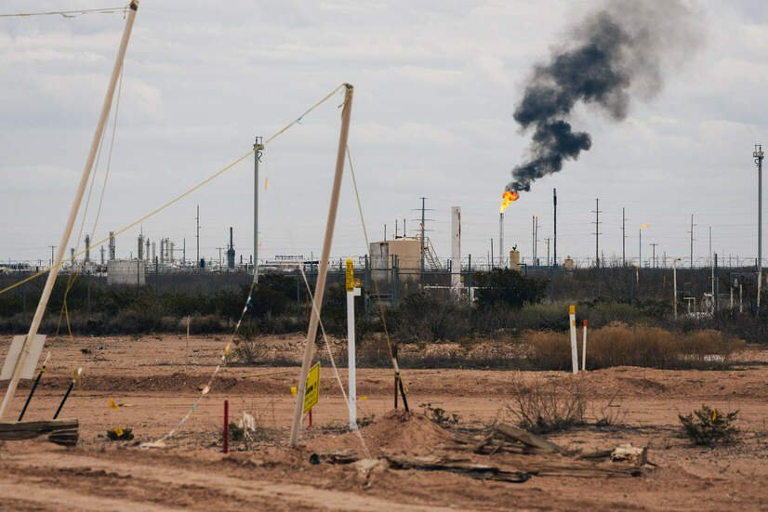Looks like another house of cards is tumbling.

 www.resilience.org
www.resilience.org

Big Banks Pull Financing, Prepare To Seize Assets From Collapsing Oil and Gas Industry
The major banks that have funded the money-losing fracking boom are now exploring taking the unusual step of taking over the oil companies
 www.resilience.org
www.resilience.org

